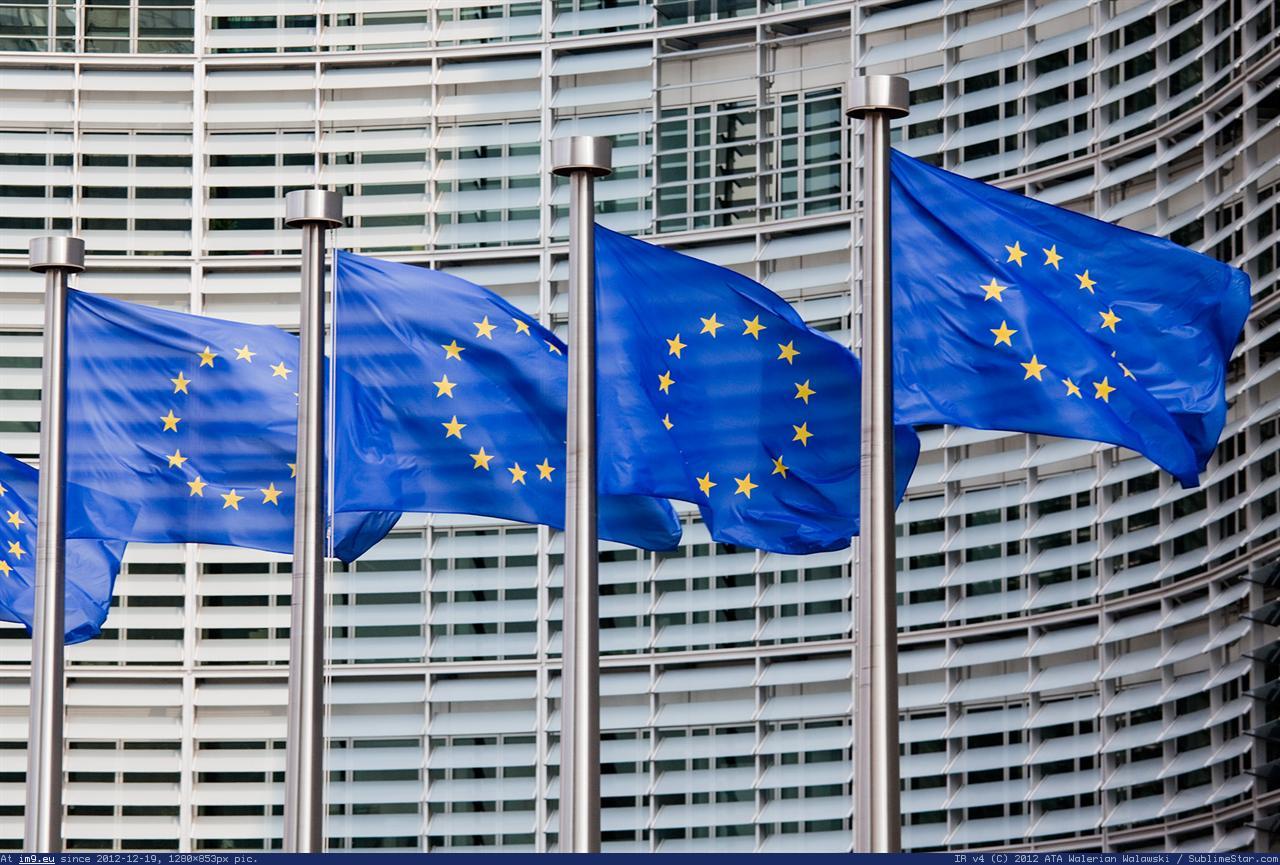
A 'landmark' EU-Canada trade agreement which aims to boost goods and investment flows has been approved by the European Parliament on Wednesday (15 February).
The agreement will remove tariffs on most traded goods and services.
It also provides for the mutual recognition of certification for a wide range of products.
Canada is to open up its federal and municipal public procurement markets, which are already open in Europe.
In talks, the EU secured protection for over 140 European geographical indications for food and drinks sold on the Canadian market.
Eliminating barriers to trade through the CETA will allow Canada to capture more value from agri-food exports to the EU. Canada exported £1.6 billion in agriculture and food products to the EU in 2014.
When the CETA is fully implemented, it will eliminate EU tariffs on almost 94 per cent of Canada's agri-food products.
The agreement could drive additional exports of up to £920 million, including £370 million in beef, £245 million in pork, £61 million in grains and oilseeds, £61 million in sugar containing products and a further £184 million in processed foods, fruits and vegetables.
'Build bridges'
"By adopting CETA, we chose openness and growth and high standards over protectionism and stagnation," EU Parliament member Artis Pabriks said after the vote.
"Canada is a country with whom we share common values and an ally we can rely on.
"Together we can build bridges, instead of a wall, for the prosperity of our citizens.
"CETA will be a lighthouse for future trade deals all over the world."
The deal could apply provisionally on the first day of the second month following the date both sides have notified each other that they completed all necessary internal procedures.
MEPs expect this to be the case on 1 April 2017 at the earliest.
As CETA was declared a mixed agreement by the European Commission in July 2016, it will also need to be ratified by national and regional parliaments.
